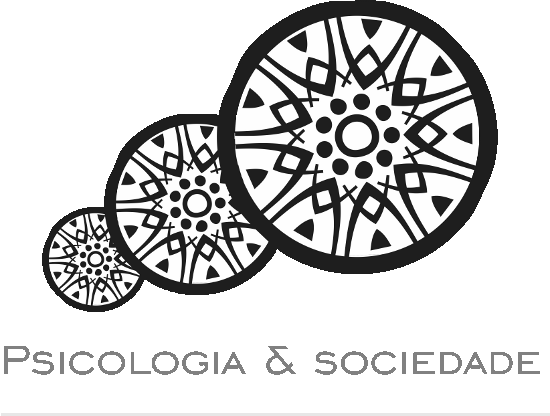Reflections about the therapeutic offer is organized in extra-hospital services within the public mental healthcare network have shown the way work is organized puts forward medical-psychological knowledge as a privileged comonent of therapeutic programs, imposes a theoretical-practical split between clinical-medicationpsychological treatments and psychosocial rehabilitation strategies, and select the former as the central device of its programs, to the detriment of psychosocial actions. In the light of Jürgen Habermas' communication theory, the problem is established as a consequence of the extreme technification of therapeutic practices, ideologically selected in line with an instrumental rationality, in which the practices respond to technical imeratives, ignoring the human and social element, provoking a dichotomization between the clinic and psychosocial care, as if they were dissociated practices in therapeutic projects. Therapeutic Accompaniment is indicated as a concrete possibility of having these dissociated action spheres meet and of overcoming the dichotomization between outpatient clinic and psychosocial care.
therapeutic accompaniment; mental healthcare services; mental health; rehabilitation; clinic
